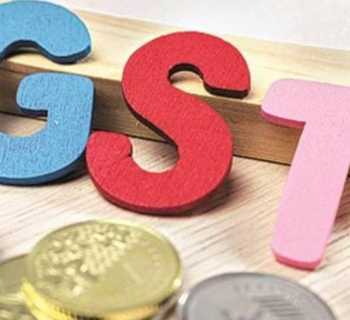It is an undisputed fact that small and medium enterprises (SMEs) are important for the Indian economy’s growth. The sector comprises businesses in various industries, such as manufacturing, chemicals, information technology, packaging, and food-processing, among others. SMEs contribute about 45% and 40% of the country’s total industrial production and exports, respectively. These businesses also account forapproximately 37% of the Indian Gross Domestic Product (GDP).
Several SMEs struggle due to the lack of funds and availability of formal credit facilities. Fortunately, the situation is changing, and many financial institutions offer loans that particularly cater to this segment.
You can avail of an SME loan with minimal documents and offer the required support to take your business to the next level. However, before proceeding, it is important to understand everything related to the loan agreement. Often, it contains technical jargon, and you may find it tough to learn all this. Here are four things you should know about the loan agreement:
- Interest rates
SME loan interest rates may be fixed or variable. The former ensures the interest rate remains constant during the entire loan tenure. Variable rates may vary based on market conditions. Often, you may sign the agreement without understanding the difference and its impact.
- Security cover
One of the SME loan eligibility norms is providing adequate collateral to secure the amount. You may either provide an asset or personal guarantee as the security cover. You may have to give additional security if the value of the original collateral reduces due to market fluctuations. It is recommended you offer stable security cover, wherein the value does not change due to market conditions. Some lenders may offer unsecured loans; however, the interest rate may be higher.
- Prepayment
The rules applicable to prepayment differ among financial institutions. Some lenders allow you to prepay the loan without a penalty, while others may charge pre-closure fees. Ideally, you should choose a lender who does not charge a prepayment penalty.
- Penalty for defaults
Like all other loans, you will repay the borrowed amount in equated monthly installments (EMIs). Before signing the loan agreement, check the charges applicable in the case of default or delay in paying the EMI. Ensure you understand the penalty and its implications before the loan tenure begins.
An online SME loan solutions can help you expand your business. However, you should clearly understand the terms and conditions listed out in the agreement before signing the dotted line to avoid surprises in the future.
For a quick and hassle-free process with minimum SME loan documents, apply on the Mahindra Finance website today.




















